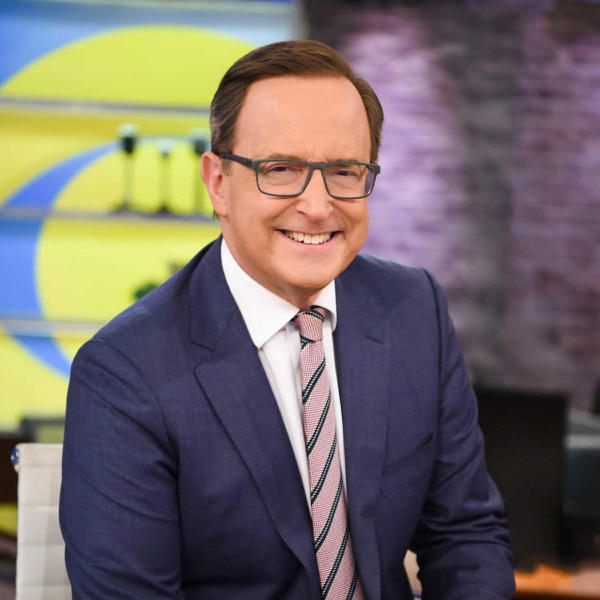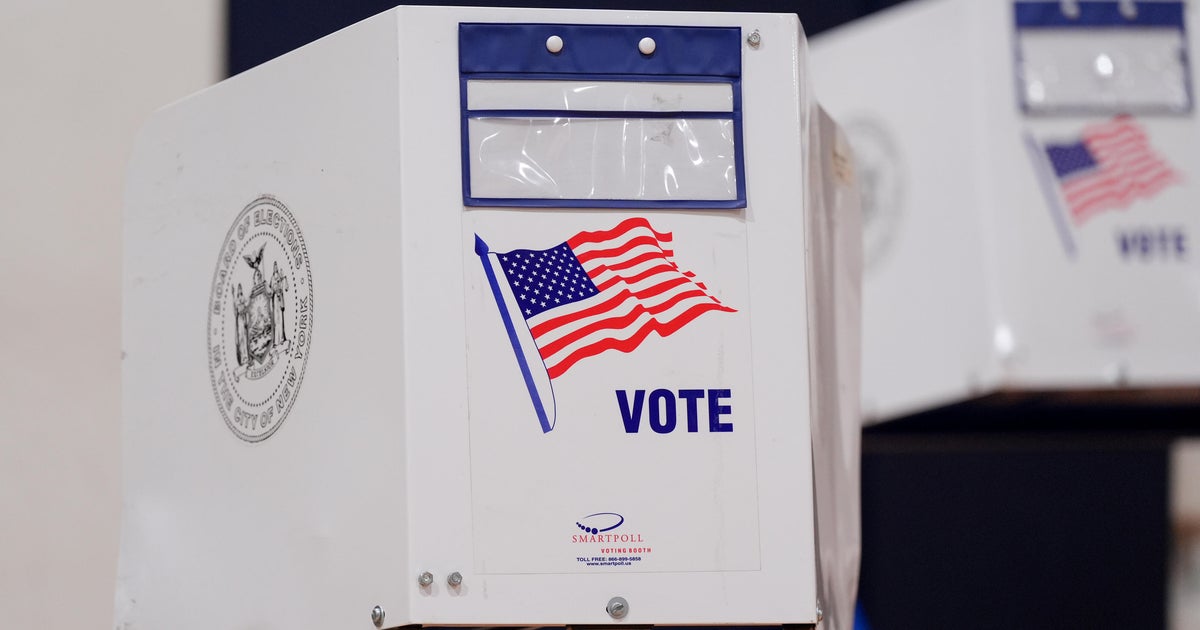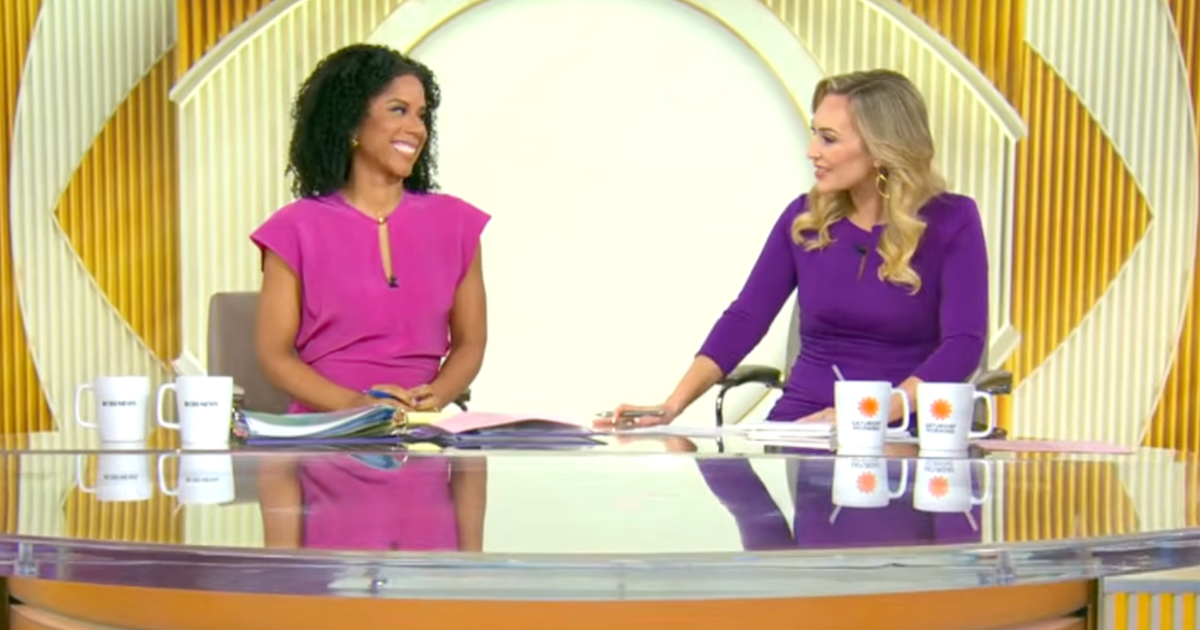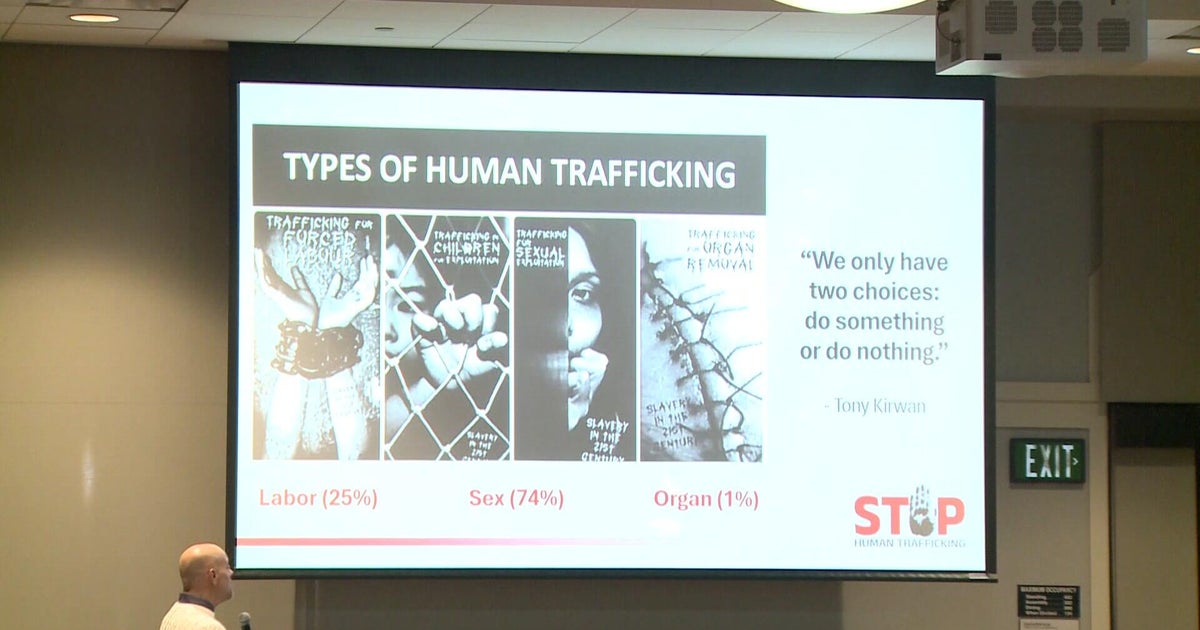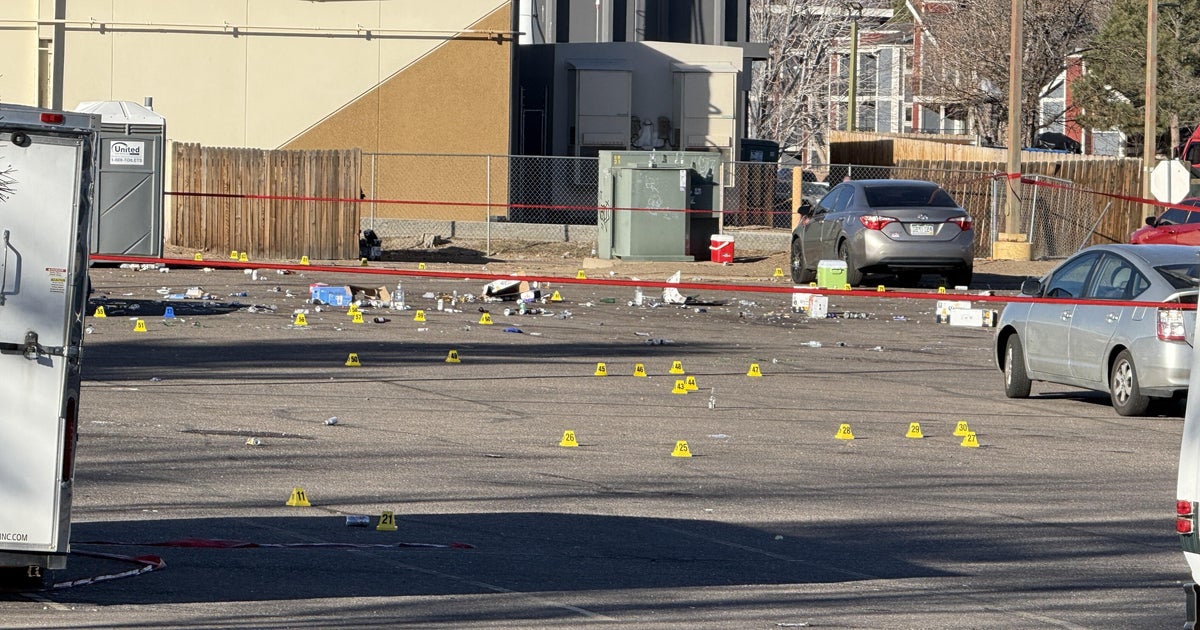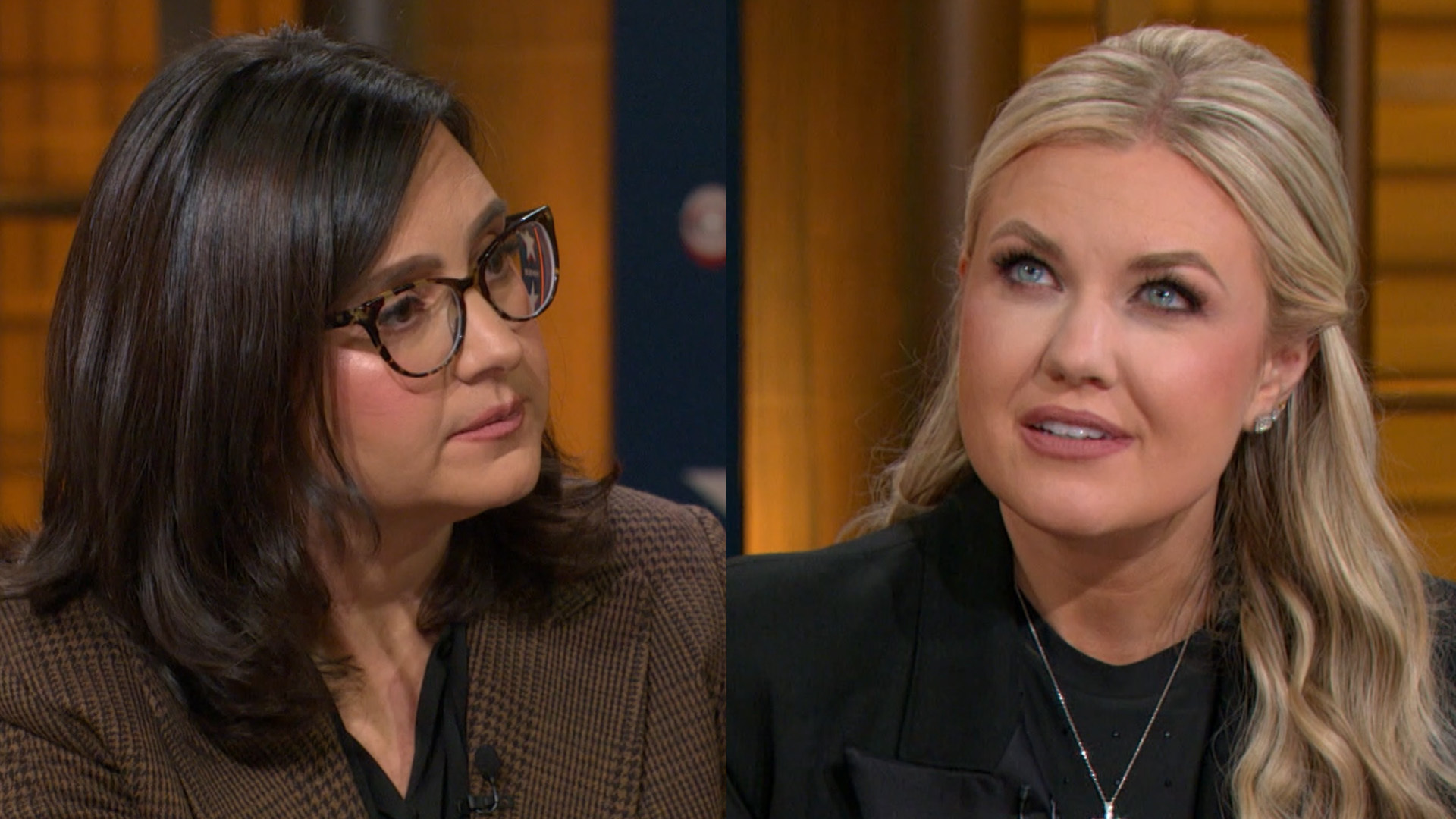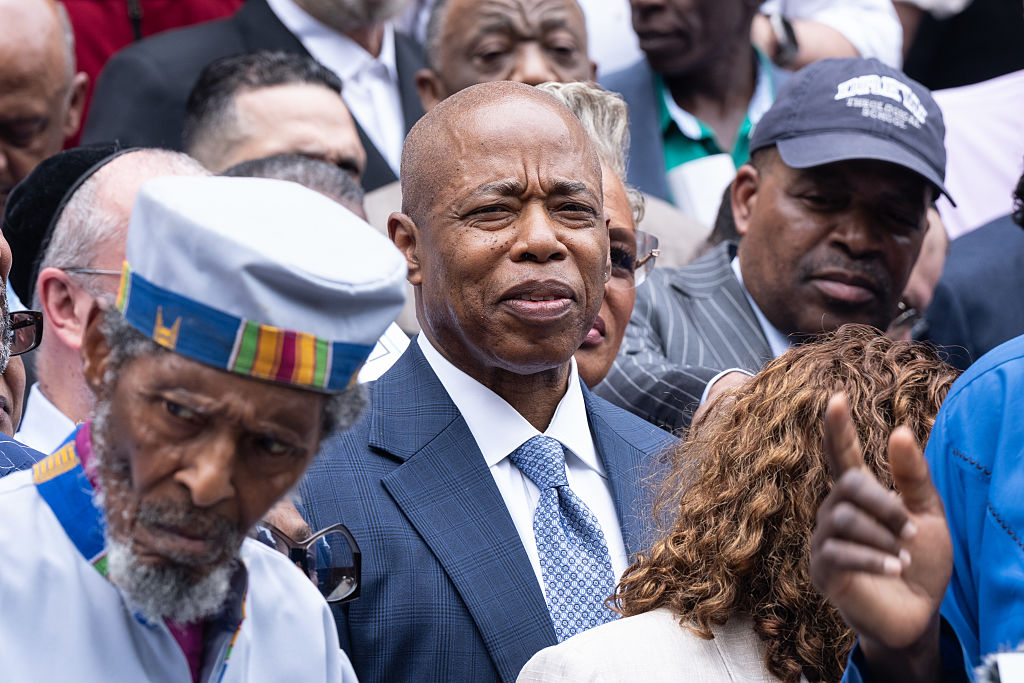Andrew Yang: "The American Dream is dying by the numbers"
The next Democratic presidential debate is one week from Thursday. The 10 candidates who made the cut include nine politicians -- and Andrew Yang. The 44-year-old entrepreneur, who made millions running a test prep company, had zero political experience. But his campaign took off with his proposal to give every American adult $12,000 a year.
Yang's candidacy is still a long shot: he's polling between 2-4% nationwide, and lower in the early states. But his early success has surprised almost everyone – except Yang himself. In a "CBS This Morning" broadcast exclusive, Yang spoke to co-host Anthony Mason about his rise to the top 10, his plan for the "freedom dividend," and why he thinks the American Dream is "dying by the numbers."
On America's future: "The American Dream is dying by the numbers"
Yang's more than 200,000 unique donors have given an average of $25 apiece. Many are attracted to his blunt assessment of America's future.
"How do you feel about the American Dream, the idea of it?" Mason asked.
"I love it. I lived it. My family immigrated to this country," Yang said.
"Do you still believe in it?" Mason asked.
"Well, I'm a numbers guy," Yang responded. "And so the numbers say that you have a 50/50 chance of doing better than your parents if you were born in the '90s. And that chance was 93% if you were born in the '40s or '50s. So the American Dream is dying by the numbers. And Americans know it."
Yang's dark outlook is similar to President Trump's. But he blames the rise of A.I. and automation. "We automated away four million manufacturing jobs in Michigan, Ohio, Pennsylvania, Wisconsin. And if those states sound familiar, those are all the swing states that Donald Trump needed to win and did win…" Yang said. "So to me, this is a straight automation story, that immigrants are being scapegoated for economic problems they have little or nothing to do with."
And while some advisers have suggested he paint a more optimistic future for the country, Yang disagrees. "I think most politicians have been sold on the fact the American people don't want to hear hard truths," he said. "And I think that's wrong."
On the practicality of the "freedom dividend"
Yang's solution – the cornerstone of his campaign – is the "freedom dividend."
His plan is to pay every adult $1,000 a month, no strings attached, and fund it in part with a 10% value-added tax on business production.
"The Tax Foundation, which is a conservative think tank, has run the numbers and says basically they don't think your math adds up," Mason said.
"They're correct that it's not that the revenue pays for it, dollar for dollar," Yang responded. "But what they overlook is that if you put this money into Americans' hands, the money doesn't disappear. Where does it go? It goes back into our consumer economy and circulates over and over again."
In response to the claim that it would discourage people from working, and that Bernie Sanders' job guarantee would make more practical sense, Yang said that "there's no data that shows that us getting $1,000 a month would reduce work levels overall."
"In terms of Bernie's federal jobs guarantee, I understand the spirit of it," he added. "But it would be very, very difficult to implement and manage… Imagining that all Americans wanna work for the federal government is something that Bernie might think is in our minds -- but that's not the case when I talk to most Americans."
On his rise to become one of the top 10 Democratic candidates: "I was a longer than long shot"
Mason and Yang visited Yang's campaign headquarters in New York City, which Mason described as "modest."
"It was more modest than this before," Yang said.
"Now it feels plush?" Mason asked.
"Yeah, yeah, this is with furniture and stuff," Yang responded.
On the walls, headlines chart the course of the campaign. "When we started in early 2018, I was a longer than long shot," Yang said.
"You actually thought you could get somewhere with this?" Mason asked.
"Well, I was apparently correct," Yang said with a laugh.
In the first two debates, Yang was given the least amount of actual speaking time. And while he expects that to change in the third debate, he's confident he'll succeed either way.
"After the last debate, we raised over $1 million dollars in the 48 hours afterwards," he said. "And so now I've developed a reputation for making the most for whatever time I get."
Yang said he doubled his campaign staff of about 30 last month, and will soon double it again. But if the primary doesn't go in his favor, he said he'd be unlikely to run as a third party candidate.
"My job is to help get Donald Trump out of office," he said. "And I would do nothing that would increase the odds of him sticking around. And I think a third party candidacy would do just that."
